
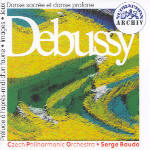
This is one of the finest Debussy recordings around. It combines two performances from the 1960s (the Prelude to the Afternoon of a Faun and
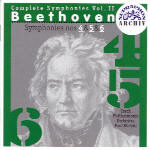
Volume 2 of Paul Kletzki’s Beethoven cycle exhibits more of the special virtues found in Vol. 1. Symphony No. 4 especially benefits from Kletzki’s clear-textured
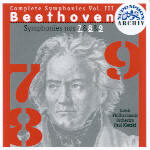
As Paul Kletzki’s 1960s Beethoven cycle reaches its end, we are reminded of a time when recording projects such as this were rare and special
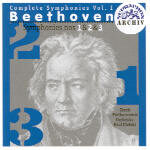
Now that the record companies’ self-imposed “no new Beethoven cycles until 2000” is at an end, can we expect the floodgates to reopen once more?
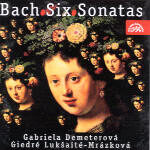
Even among the many outstanding recordings of Bach’s violin sonatas that crowd the catalog, Gabriella Demeterová’s virtues make a distinct impression. Using as little vibrato
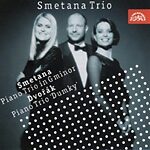
Anyone who has resisted chamber music needs to hear this disc; it’s guaranteed to make you a convert. The music is exciting, beautiful, moving, and
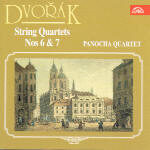
This disc concludes the Panocha Quartet’s survey of Dvorák’s complete string quartets, a major enterprise by any standard. Both the Sixth and Seventh Quartets share
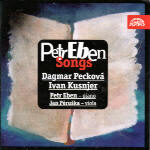
These five song cycles by Petr Eben date between 1951 and 1963, when the Czech composer was in his early 20s and 30s. Folk music

It’s generally acknowledged that Dvorák’s piano works form perhaps the weakest segment of his output. How ironic, then, that one of his best known tunes
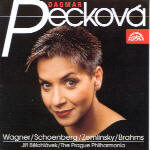
Dagmar Pecková is a Czech mezzo-soprano with a good technique, brains, and taste. The program she presents here is terrific: the Wesendonk Lieder and Zemlinsky
![]()
